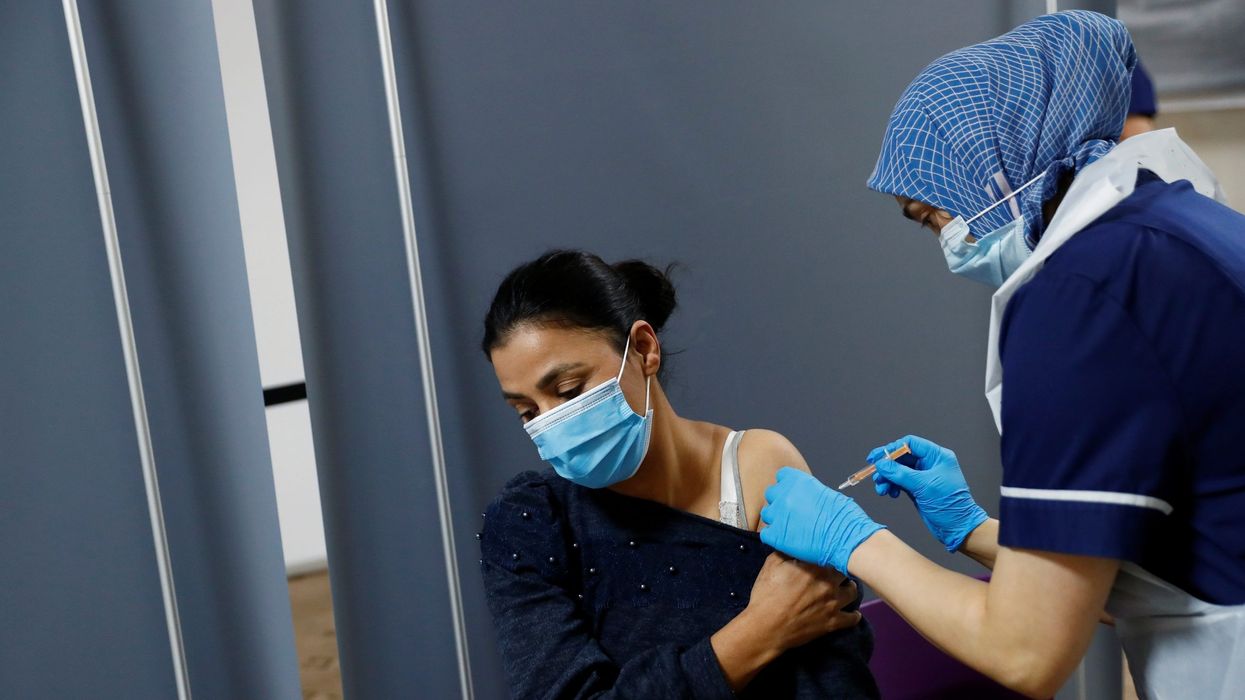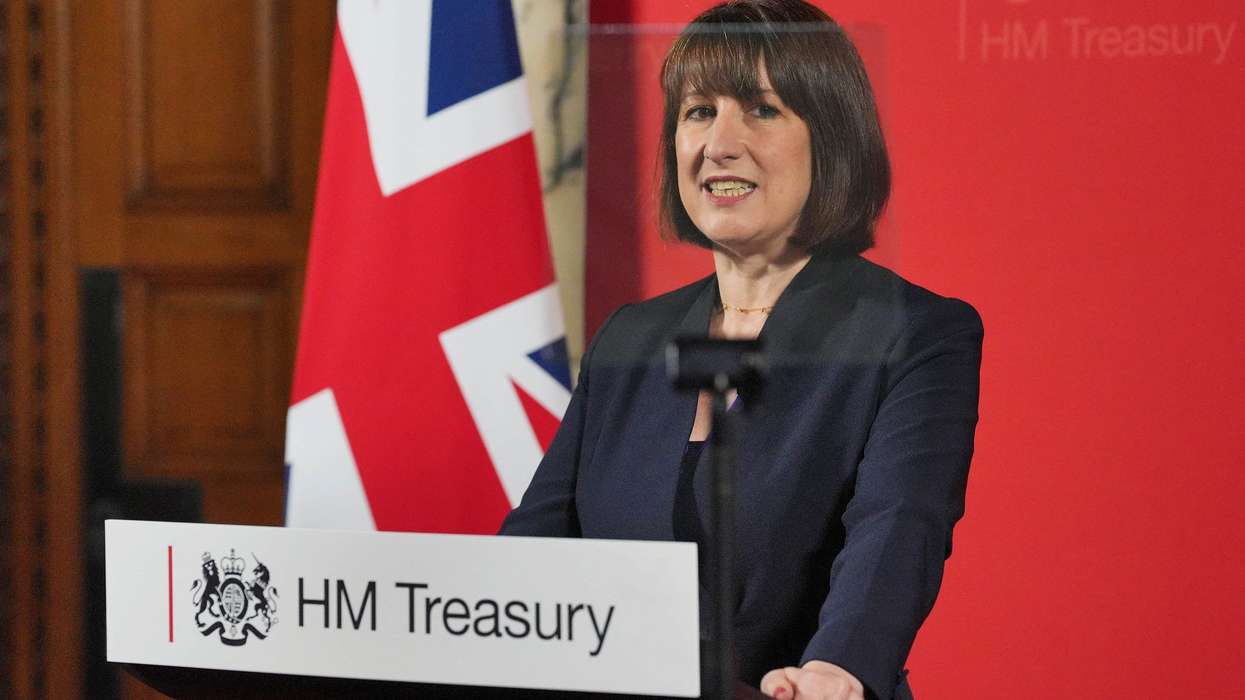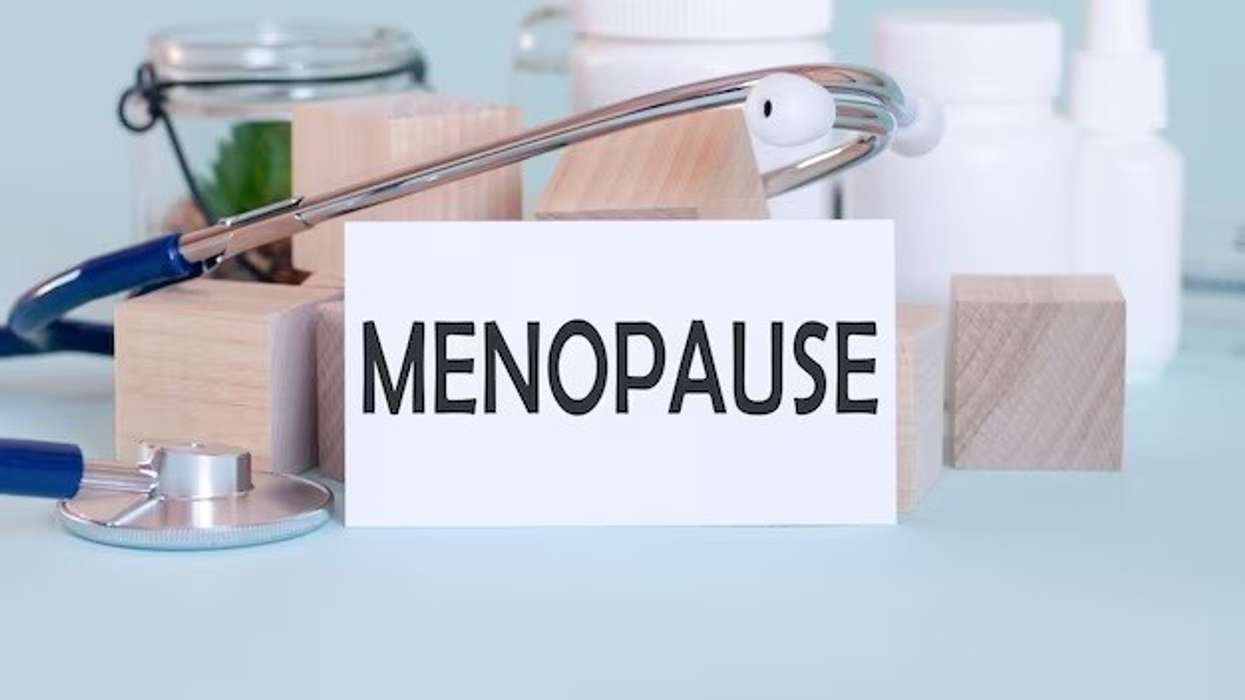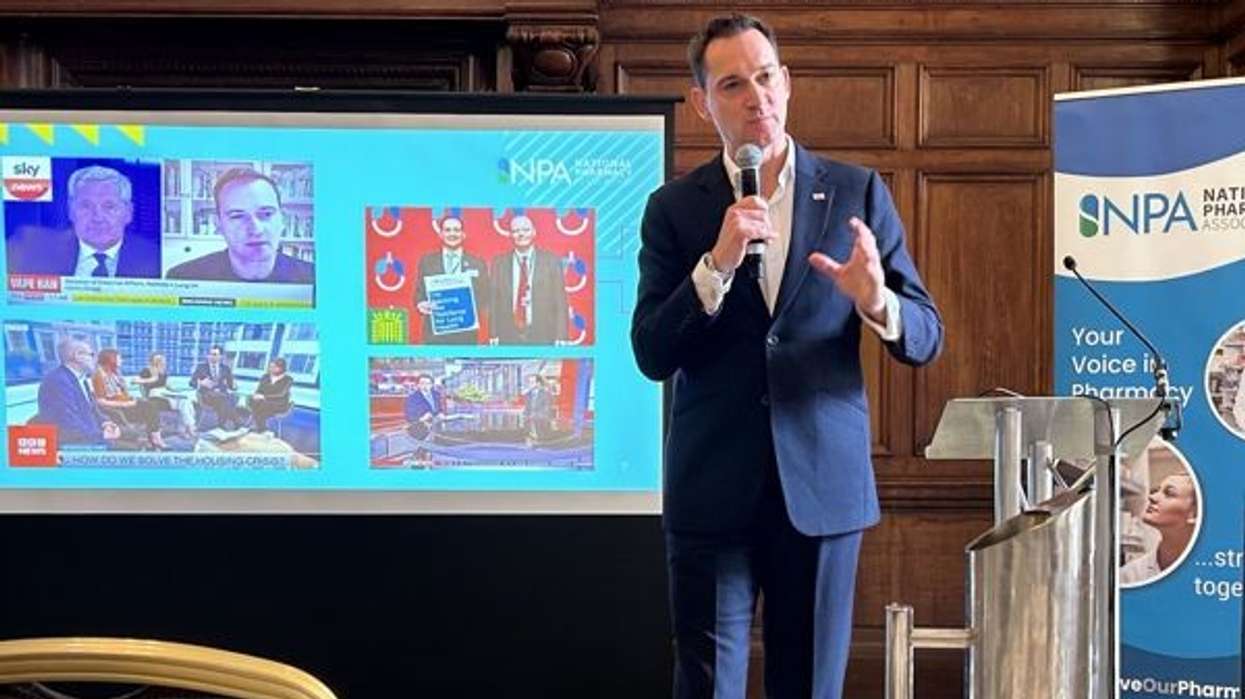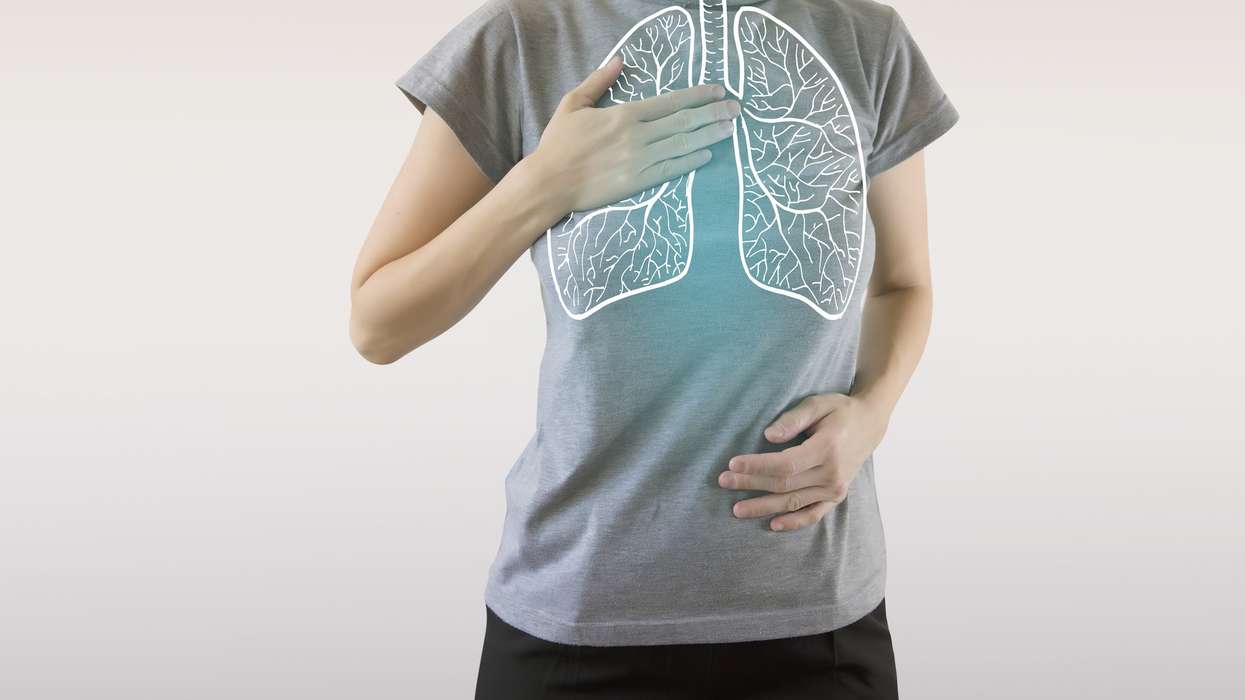The UK Health Security Agency (UKHSA) has urged those celebrating Diwali to get vaccinated for flu and COVID-19.
The agency pointed out that vaccines take up to two weeks to provide maximum protection, so getting vaccinated early will help at the time of Diwali on October 20.
It has called upon all those who are eligible to get vaccinated at the earliest.
For the first time, those eligible for winter vaccines have been allowed to book appointments early since 1 September.
Those aged 65 and over, under 65s in clinical risk groups, care home residents and carers, close contacts of those who are immunosuppressed, frontline health and social care workers, as well as children and pregnant women are eligible for the free flu vaccine from the NHS.
People aged 75-79 and pregnant women are also eligible for an RSV vaccination, with the maternal vaccine not only protecting the mother but passing protection through the placenta for newborns in their first few months, when they are most at risk of severe illness from RSV.
Following advice from the Joint Committee on Vaccination and Immunisation (JCVI), COVID-19 vaccinations are also available to adults aged 75 and over, older adult care home residents, and people who are immunosuppressed.
Children are also eligible for a free flu vaccine, which is offered as a free, quick and easy nasal spray, and are advised to take up the vaccine ahead of the festivities.
Younger children, especially those under the age of five years, are vulnerable to flu and every winter they have the highest rates of hospital admissions due to flu compared to other age groups.
Parents of school-aged children have been urged to ensure their children’s school vaccination consent forms are completed, and that eligible pre-schoolers, 2-and-3-year-olds, are booked for an appointment at their GP practice.
Any child aged six months or over who has a health condition that puts them at increased risk from flu should have a vaccine every year.
Children who can’t have the nasal spray for medical or faith reasons should request an injected flu vaccine instead.
UKHSA consultant in Health Protection Dr Anjali Pai said, “The Diwali season is a cherished time when families and friends come together to celebrate and exchange greetings. However, it also coincides with the start of winter when flu and COVID-19 cases typically rise. We strongly encourage members of the Hindu, Jain and Sikh communities to prioritise their health by getting vaccinated if eligible, helping them to stay winter-proof."
Dr Amanda Doyle, NHS national director for primary and community services, said:
“Getting vaccinated is vital in protecting yourself against viruses like Covid-19 and flu, and this is extra important if you are coming together with friends and families to celebrate festivals like Diwali.”
Kirit Mistry at the South Asian Health Action, said, "As we prepare to celebrate the Festival of Lights, it's important to prioritize our health and well-being, especially with the winter months ahead. Vaccination remains one of the most effective ways to stay healthy as we come together to spend time with families and friends."








